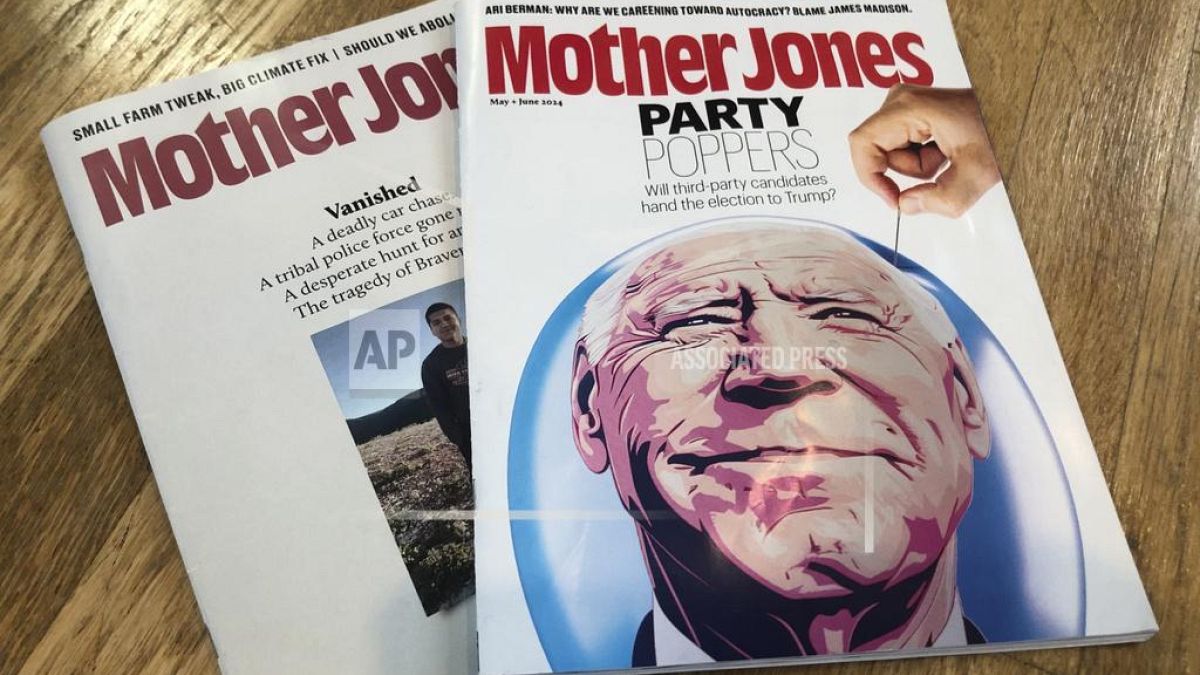An American non-profit, The US Center for Investigative Reporting, has filed a lawsuit against OpenAI and Microsoft for breaching copyright law by using its content to train their AI models. The non-profit claims that OpenAI used its content without permission and without offering compensation, violating copyrights on the organization’s journalism. The lawsuit describes OpenAI’s business as being “built on the exploitation of copyrighted works” and highlights how AI-generated summaries of articles can threaten publishers. OpenAI is accused of using thousands of Mother Jones links to train its chatbot technology, often excluding important information such as the author, title, or copyright notice.
The lawsuit against OpenAI is part of a larger wave of legal action being taken against the company, with other major news organizations and bestselling authors also making copyright infringement claims. OpenAI is facing lawsuits from The New York Times, comedians Sarah Silverman, and other media outlets. Other news organizations, however, have chosen to collaborate with OpenAI by signing deals to get compensated for sharing news content that can be used to train their AI systems. Time Magazine recently announced a partnership with OpenAI that will give the company access to its extensive archives from the last 101 years.
Despite facing legal challenges, OpenAI has defended its practices by stating that it is working collaboratively with the news industry and partnering with global news publishers to display their content in its products like ChatGPT. OpenAI claims that it includes summaries, quotes, and attribution to drive traffic back to the original articles. Microsoft, on the other hand, did not respond to a request for comment regarding the lawsuit.
OpenAI and other major AI developers typically do not disclose their data sources but argue that taking publicly accessible online text, images, and other media to train their AI systems is protected under the “fair use” doctrine of US copyright law. The lawsuit against OpenAI raises important questions around the use of copyrighted material in AI training and the potential impact it can have on publishers, authors, and journalists. As the legal proceedings unfold, the outcome of this case will likely have significant implications for the future of AI development and the protection of intellectual property rights.


























